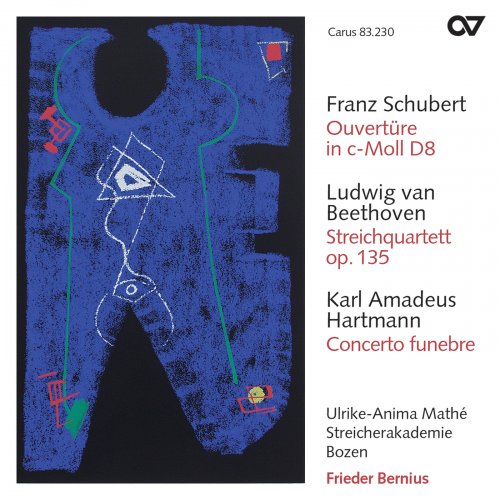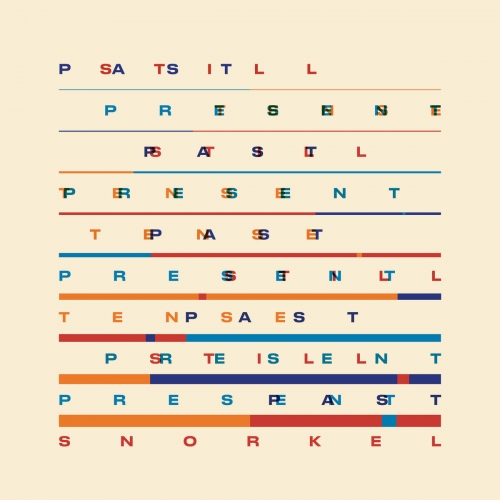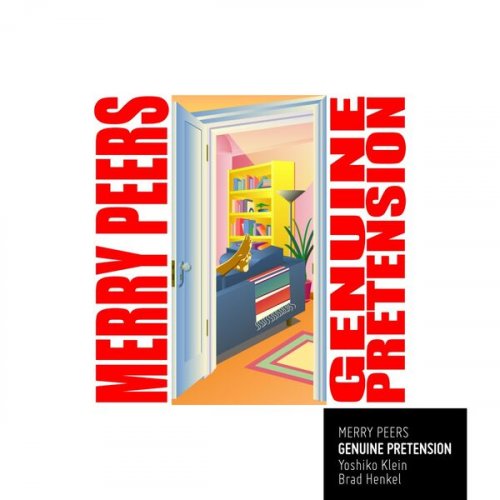Ulrike-Anima Mathé, Streicherakademie Bozen & Frieder Bernius - Arrangements for String Orchestra (2008)

Artist: Ulrike-Anima Mathé, Streicherakademie Bozen, Frieder Bernius
Title: Arrangements for String Orchestra
Year Of Release: 2008
Label: Carus
Genre: Classical
Quality: FLAC (tracks)
Total Time: 51:35
Total Size: 251 MB
WebSite: Album Preview
Tracklist:Title: Arrangements for String Orchestra
Year Of Release: 2008
Label: Carus
Genre: Classical
Quality: FLAC (tracks)
Total Time: 51:35
Total Size: 251 MB
WebSite: Album Preview
1. Streicherakademie Bozen & Frieder Bernius – Overture in C Minor, D. 8 (08:01)
2. Streicherakademie Bozen & Frieder Bernius – String Quartet No. 16 in F Major, Op. 135: I. Allegretto (05:46)
3. Streicherakademie Bozen & Frieder Bernius – String Quartet No. 16 in F Major, Op. 135: II. Vivace (03:35)
4. Streicherakademie Bozen & Frieder Bernius – String Quartet No. 16 in F Major, Op. 135: III. Lento assai, cantante e tranquillo (05:40)
5. Streicherakademie Bozen & Frieder Bernius – String Quartet No. 16 in F Major, Op. 135: IV. Grave - Allegro - Grave ma non troppo tratto - Allegro (06:24)
6. Ulrike-Anima Mathé, Streicherakademie Bozen & Frieder Bernius – Concerto funebre: I. Introduktion. Largo (01:34)
7. Ulrike-Anima Mathé, Streicherakademie Bozen & Frieder Bernius – Concerto funebre: II. Adagio (08:03)
8. Ulrike-Anima Mathé, Streicherakademie Bozen & Frieder Bernius – Concerto funebre: III. Allegro di molto (08:24)
9. Ulrike-Anima Mathé, Streicherakademie Bozen & Frieder Bernius – Concerto funebre: IV. Choral. Langsamer Marsch (04:04)
The rather odd assortment of three pieces included on the program here was recorded during a Mahler Week festivity in 2003 in the small, almost completely German town of Toblach in northeastern Italy. It was not released by Germany's Carus label until 2007, perhaps because no one knew quite what to do with it. The sound, apparently recorded in a hotel ballroom, is strangely live and hollow, not unpleasant, but very unusual. And the music all somehow comes out sounding like Mahler, although he didn't write any of it. Conductor Frieder Bernius can give the most diverse kinds of music a similar spiritual cast. The Schubert Overture in C minor, D. 8, that opens the program is one of the composer's first surviving pieces, and the overheated reading it gets here from the Streicherakademie Bozen (the Bolzano String Academy, an innovative grouping of young and well-established string players) emphasizes its gawky, adventuresome quality. The Bozen group is not the first to orchestrally play Beethoven's string quartets, and listeners may have their own opinions about the idea. Here's one: Beethoven's quartet idiom was distinct, and nowhere more so than in the final String Quartet No. 16, whose bizarre humor does not transfer well to the orchestral format. The final work on the album, however, may justify the purchase price. Karl Amadeus Hartmann's Concerto funèbre, for violin and string orchestra, does sound a bit like Mahler, and the ongoing rediscovery of this composer, who lived in Nazi Germany during World War II but refused to have his music performed there, has been welcome. This gloomy work, composed in 1939, seems to have involved a response to the outbreak of the war. It quotes a chorale associated with Czech Protestant leader Jan Hus and, worse from Hitler's point of view, a Russian song. Violinist Ulrike-Anima Mathé gives the work an uninhibited performance that nicelycontrasts with the somber string colors. The booklet notes are in French and German, with a truncated English version.





![Tomasz Stańko - Zamek mgieł (Polish Radio Sessions vol. 3/6) (2025) [Hi-Res] Tomasz Stańko - Zamek mgieł (Polish Radio Sessions vol. 3/6) (2025) [Hi-Res]](https://www.dibpic.com/uploads/posts/2025-12/1765795906_cover.jpg)

![Koldo Munné & 1520's Ensemble - Live at Jamboree Live Music (2025) [Hi-Res] Koldo Munné & 1520's Ensemble - Live at Jamboree Live Music (2025) [Hi-Res]](https://www.dibpic.com/uploads/posts/2025-12/1765846749_ck2b0xbsb8jna_600.jpg)
![Betty Carter - The Music Never Stops (2019) [Hi-Res] Betty Carter - The Music Never Stops (2019) [Hi-Res]](https://www.dibpic.com/uploads/posts/2025-12/1765896843_bcmn500.jpg)